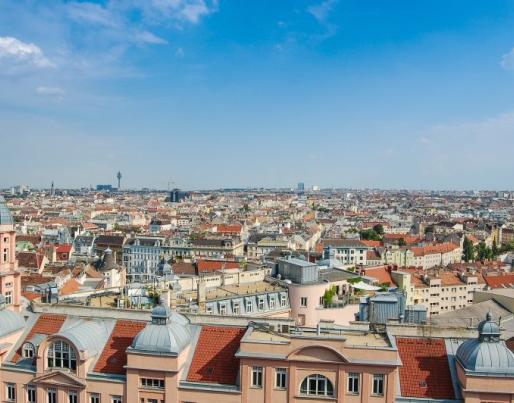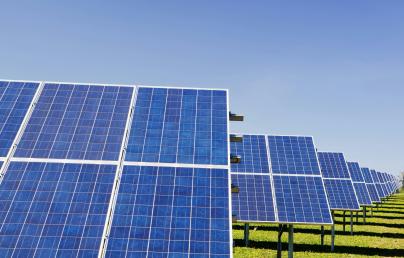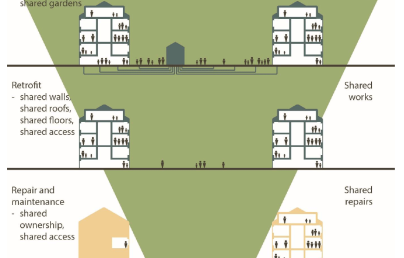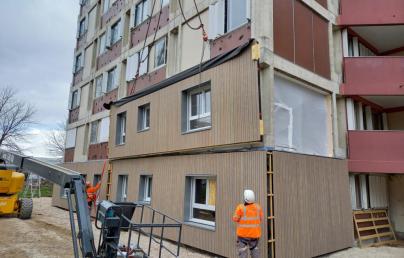RenoBooster project is boosting the green renovation of private housing in Vienna

RenoBooster project is boosting the green renovation of private housing in Vienna
The H2020 RenoBooster project aims to increase the number of green renovations of private housing, thereby contributing to the decarbonisation of the city and to reaching the ambitious target to become climate neutral by 2040.
RenoBooster is an EU Horizon 2020 funded project developed in Vienna that aims to increase the number of green renovations of private housing, thereby contributing to decarbonisation in the city. Vienna supports citizens and private companies through the creation of a renovation hub that provides guidance throughout the refurbishment process and creates links between supply and demand.
A city under renovation
Vienna has set ambitious climate targets: it wants to reduce GHG emissions by 55% by 2030 and be climate neutral by 2040. These specific goals are legally codified in the current version of the Smart City Wien Framework Strategy. Decarbonisation of the building sector through refurbishment of the housing stock is one of the main obstacles to achieving the city’s climate neutral objectives.
Vienna is an historical European city featuring many centuries-old buildings lacking proper insulation. The historical nature of these buildings forces the city to engage in costly renovations. In 2019, Vienna set up the RenoBooster project financed by Horizon2020, which granted EUR 1.9 million to the city. RenoBooster has strengthened renovations through the creation of an advice centre called “ Hauskunft”, which guides building owners throughout the renovation process to help improve the quality of the outcome, increase energy savings and reduce CO2 emissions.
This one-stop-shop is currently funded by the City of Vienna through an investment of EUR 900,000 per year. The project has involved key local stakeholders from the private and public sector to provide a wide range of services through the creation of local partnerships for renovations. Consulting firms, banking, technical and legal services, as well as research institutes, urban developers and non-profit organisations are the key partners.
Find more information here and in the document attached.
eumayors-case-study-vienne-2022-en.pdf
English (574.71 KB - PDF)

